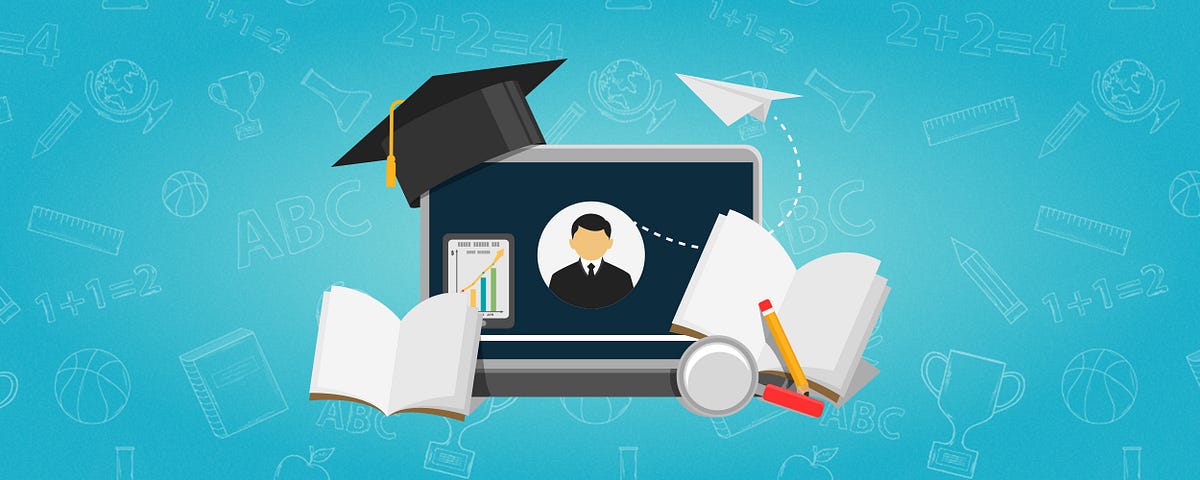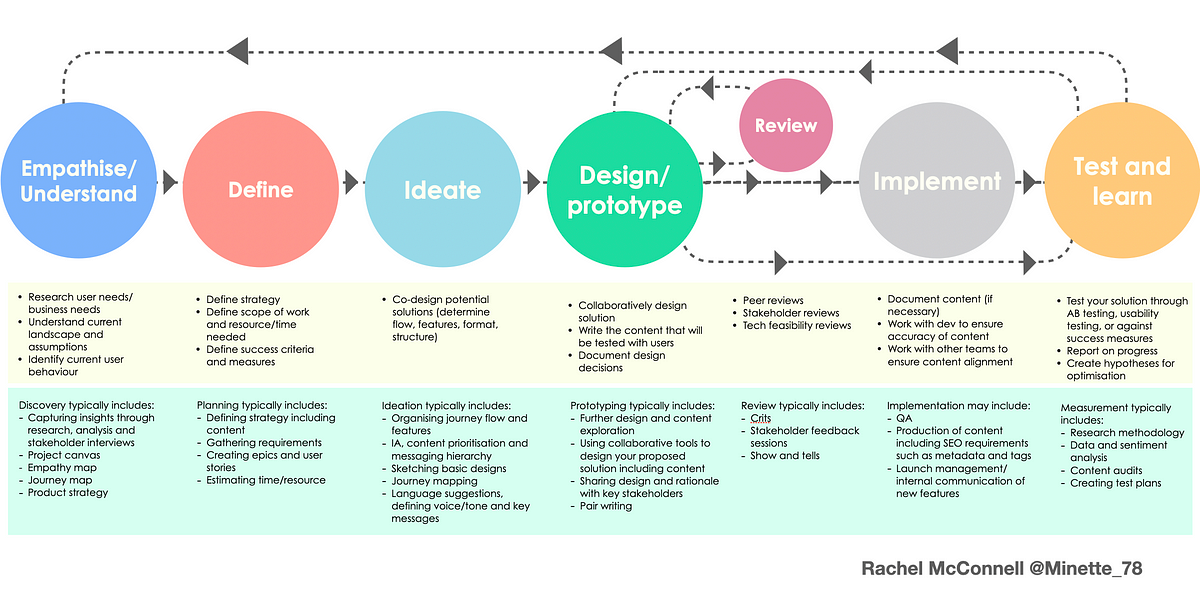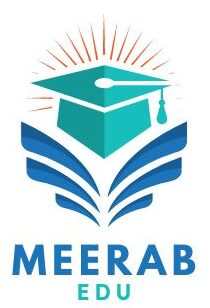Introduction Of Education Blogs

Welcome into the exciting and challenging realm of educational blogging, where knowledge meets innovation and expertise blooms. Education blogs are invaluable resources to learners, teachers and enthusiasts in this digital era. These blogs provide a lot of information from practical teaching techniques to understanding educational trends. This article will bring you along as we explore education blogging’s varied landscape for outstanding resources and priceless insights.
**Section 2: Key Criteria for Evaluating Education Blogs**

In the infinite web, evaluating education blogs’ quality is very important. Understanding these evaluation standards equips readers with knowledge on how best to maneuver through it.
- **Identifying Reputable Sources and Authors**:
– Search for student-written blogs in order to come up with educators who possess good qualifications and experience.
– Look out for blogs associated with respected educational institutions or organisations.
– Assess author’s biographies comparing their expertise against what one would find in the contents of such a blog.
- **Content Quality Assessment: Relevance, Accuracy, and Depth**:
– Relevance: Good bloggers keep pace with changes in education covering topics that touch on present day education issues.
– Accuracy: Check if there are citations or other credible sources so as to confirm that information given is real.
– Depth: Make comparisons between those pieces of content that are superficially done from those which have undergone deep analysis leading to significant insights.
- **Engagement Metrics: Community Interaction, Comments, and Shares**:
– Community Interaction: Through their blogs, lively communities promote discussion forums thereby encouraging collaboration among the members which may result into sharing of ideas too.
– Comments: Regular comments indicate that readers are interested hence they engage actively in these activities meaning that there is a supportive community among them.
– Shares: High share rates suggest effective posts that connect positively with different communities beyond just an intended audience.
- **Consistency and Frequency of Updates**:
– Consistent posting schedules demonstrate commitment and reliability.
– Regular updates ensure readers access fresh and relevant content.
– Evaluate archives to gauge historical consistency and longevity.
The application of these measurements enables readers to easily manoeuvre through a wide range of education blogs thus making their learning experience more enjoyable owing to the quality information they have gained.
**Section 3: Diverse Niches in Education Blogging**
Education blogging is a diverse field that offers different niches aimed at satisfying the specific needs, tastes, and preferences of teachers, learners, as well as enthusiasts. By exploring these niches, one can uncover a lot of specialized knowledge and insights.
- **Subject-Specific Educational Blogs**:
– STEM Blogs: These blogs offer resources for lessons as well as discuss about them while looking at science, technology, engineering and mathematics in depth.
– Humanities Blogs: Literature, history, philosophy or arts are usually given a special focus through insightful pieces about them which also have teaching methods included together with other well-selected contents used in aiding understanding.
– Language Blogs: Enjoy language learning by using linguistic blogs that depict language teaching methods along with cultural explorations as explained by theory experts
- **Pedagogical Approaches and Methodologies**:
– Montessori Blogs: Learn the Montessori method through blog posts offering advice on how best it should be implemented hence providing resources for teachers who want to use this approach in their classrooms.
– Waldorf Blogs: You will find articles written on holistic learning models, child-centered teaching techniques among other education reforms associated with Waldorf schools.
– Progressive Education Blogs: Other types of teaching methods known for their student-centered learning styles include critical thinking skills for experiential education programs advocated by progressive educators.
- **Specialized Education Areas**:
– Special Needs Education Blogs: Check out resources designed to support children with disabilities including stories from people who have benefited.
– Gifted Education Blogs: The topics covered here include identification, differentiation, and enrichment strategies for gifted learners among many others.
– Early Childhood Education Blogs: Here are tips about designing early childhood curriculum and understanding how the principles of early childhood development come into play.
Each blog in education blogging has a unique perspective and expertise that caters for the varied needs and interests of learners and educators globally. These niche blogs will expand on what you know about education.
**Section 4: Top Education Bloggers and Their Impact**

Education bloggers have an influential role in shaping educational conversations as well as developing innovation. Notable bloggers details would provide valuable insights into changing trends in education.
- **Profiles of Influential Education Bloggers**:
– Identify key figures in education blogging, highlighting their backgrounds, knowledge areas, and specialties.
– Research their writing style including levels of formality/Informality, formats used, among others
– Mentioning awards they may have won or contributions made to the educational community
- **Case Studies Highlighting Successful Education Blog Strategies**:
– Study some cases of edu-bloggers who are highly impactful or acknowledged by many people.
– These strategies include creating content that engages your audience while being able to hold their attention as well as creating a strong community around your blog through social media like Twitter or Facebook.
– Discussing how they use social media networks such as Facebook, Tumbler, etc., to make it easier for people to find them online because all these platforms have millions of users which can be targeted by any blogger looking forward increasing exposure worldwide.
- **Exploring the Influence of Education Bloggers on Policy and Practice**:
– Delve into the ways in which educational policies are shaped by blogosphere?
– How teachers’ reform activities, pedagogical changes were influenced by bloggers?
– An instance is where there is collaboration between influencers and institutions that deal with learning to ensure that change occurs positively in this institution.
- **Measuring Impact Through Analytics and Feedback**:
– For example analytics could include the number of page views per month for each blogger’s site or any other tracking method you might use to monitor traffic on your own blog.
– Read comments from your readers as well as other professionals in the field of education and draw conclusions about how much impact it has had on them so far.
– Juxtapose the ever changing landscape of the blogosphere with a need for continuous evaluation and adjustment, which can help maintain relevance and effectiveness.
Looking at the profiles, strategies, and impacts of leading education bloggers allows readers to understand how education blogging is changing over time. This knowledge will inspire them to deepen their involvement in this lively community.
**Section 5: Harnessing Education Blogs for Personal and Professional Growth**
Education blogs are rich resources for educators and students seeking to acquire more knowledge or develop their skills. Anyone can benefit from these platforms if they know how to utilize them properly.
- **Strategies for Educators to Leverage Education Blogs for Professional Development**:
– Keep track of what is happening in teaching profession by regularly reading reputable educational blogs that publish trending topics in research findings and innovative pedagogical methods.
– Comment, discuss or share insights in response to blog posts that interest you, fostering a learning community where colleagues are expected to learn from one another through interactive discussion threads found below each article
– By narrating experiences, dealing with challenges, celebrating successes among others on blogs teachers use reflection as an instructional tool thus improving instruction
- **Using Education Blogs as Resources for Lesson Planning and Curriculum Development**:
– Search edublogs for materials that could be used as a source of inspiration when designing lesson plans or coming up with activities or projects suitable across all subjects taught at various grade levels.
– As mentioned earlier collaboration between bloggers involves creating multimedia content like videos in YouTube channels designed specifically for educational purposes; this type of material helps students better grasp concepts during lectures since listening adds another dimension beyond just seeing words alone (e.g. audio).
– Also instructors can join in curating or creating content since this kind of action helps create tailor made resources that fit into certain curriculum objectives and student needs specifically.
- **Tips for Students to Utilize Education Blogs for Supplementary Learning and Research**:
– Find education blogs that relate to academic fields of interest, profession plans or curious people to find extra information on learning resources, tips for studying and exams preps.
– Post queries, react opinions and engage in debates with other readers and blog authors to enable us deepen our understanding of different subjects as well as broaden our perspectives on them.
– Employ education blogs as a jumping off point for individual research assignments that involve examining different viewpoints, theories and empirical evidence for grounding questions into academic inquiries and fostering critical thinking.
Educators’ adoption of education blogs as useful adjuncts for classroom instruction can help learners get more out of their courses by aiding them in gaining new skills, sharing with others and discovering something fresh. By embracing this innovation, both educators and students will see a change in their lives resulting from a wealth of knowledge shared on these platforms.
CONCLUSION
In conclusion, education blogs are like gold mines for both scholars who learn and those who teach children; they have various perspectives on what is taught in the class room. Education blogs offer criteria based screening, finding your niche in the market place and reaching out to top bloggers can help you use educational blogging as a powerful tool for growth and innovation within the field. Best regards on your journey through education; stay informed inspired empowered…
